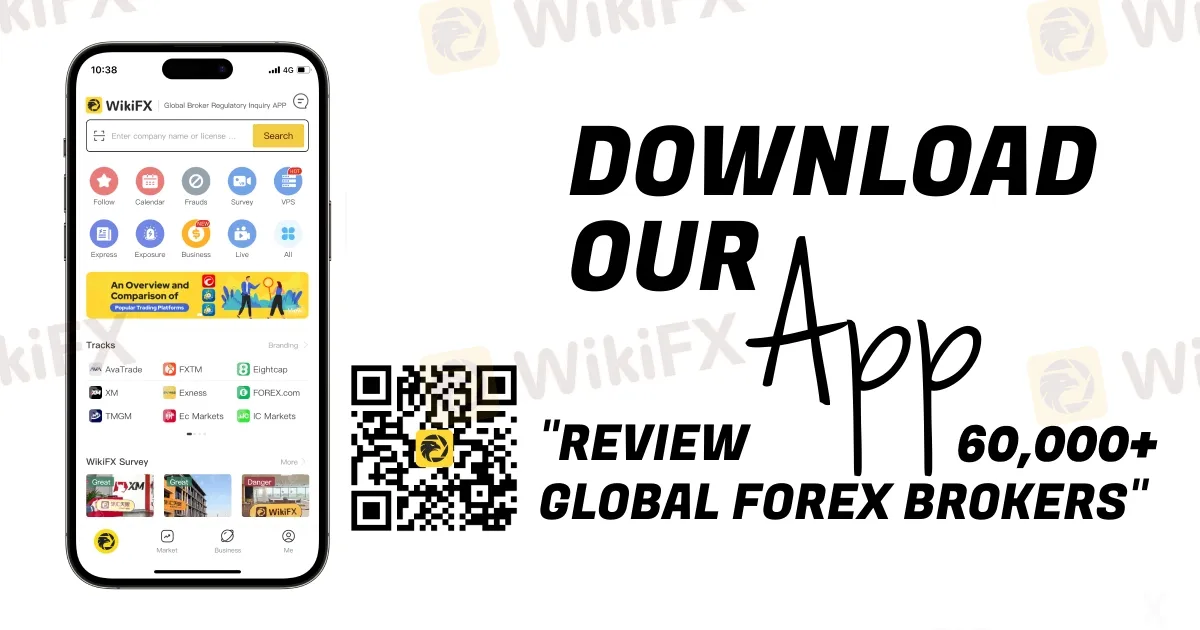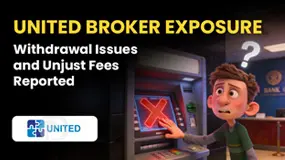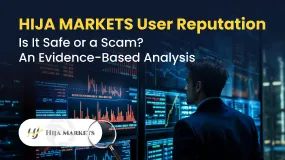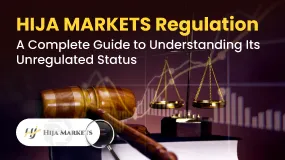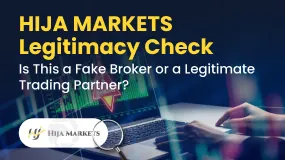Abstract:Foreign exchange, known as Forex or FX, is the world’s largest and most liquid financial market. In today’s world, trillions of dollars are traded daily, making it more significant than the combined value of all stock markets. But have you ever wondered: when was Forex created?
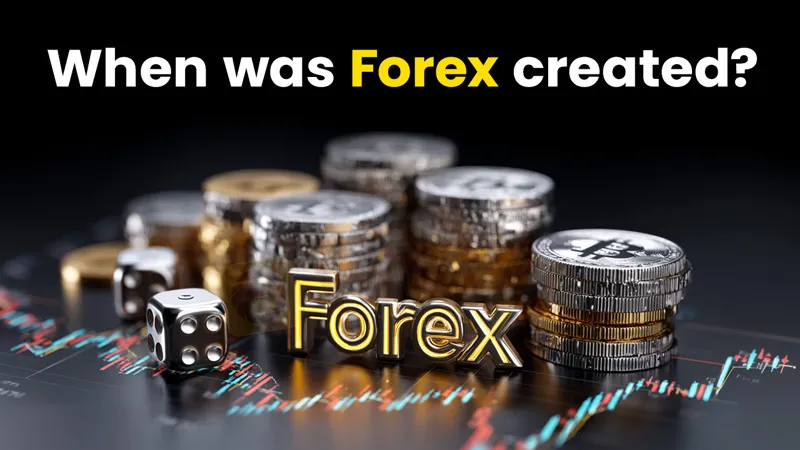
Foreign exchange, known as Forex or FX, is the world‘s largest and most liquid financial market. In today’s world, trillions of dollars are traded daily, making it more significant than the combined value of all stock markets. But have you ever wondered: when was Forex created?
The Origins of Currency Exchange
The idea of exchanging one currency for another has a long history. Currency trading can be traced back thousands of years. During the Middle Ages, money changers in cities facilitated trade by converting local currencies for merchants traveling across regions.
However, as global trade expanded, so did the need for exchanging money. The foundation of the modern Forex market is rooted in the 20th century, particularly with the agreements and systems that shaped the way nations handled exchange rates.
The Gold Standard and the Bretton Woods System
One of the earliest structured systems of currency exchange was the Gold Standard, introduced in the 19th century. Under this system, currencies were backed by gold, and exchange rates were relatively stable. While it helped promote international trade, the system collapsed during World War I as countries printed more money to finance military operations.
After World War II, the world sought stability again, which led to the creation of the Bretton Woods Agreement in 1944. Under this system, the U.S. dollar was pegged to gold, and other currencies were tied to the US dollar. This framework gave rise to a more organized forex market, but it didnt last long. By 1971, the U.S. abandoned the gold standard, and the Bretton Woods Agreement eventually collapsed.
The Birth of Modern Forex
The true birth of the modern Forex market came in the early 1970s, when currencies began to float freely against each other. This meant that exchange rates were determined by supply and demand in the public open market, rather than by governments.
This major shift marked the beginning of modern Forex. As we know it today, Forex has become an international, decentralized market where currencies are traded every 24 hours. Then, in the 1990s, Technological advancements surged, especially the rise of the internet, further revolutionizing Forex by making it accessible to individual traders, not just banks and large institutions.
Forex Today
Today, the Forex market is a 24-hour global marketplace with participants ranging from central banks, multinational corporations, and hedge funds to retail traders. According to the Bank for International Settlements (BIS), daily trading volumes exceed $7 trillion. With its accessibility, high liquidity, and profit potential, Forex has attracted millions of traders worldwide.
The Risks You Should Know
While Forex offers attractive opportunities, it is not without risks. Many new traders are drawn to the idea of quick profits, but the reality is that many traders, especially inexperienced traders, lose money. Volatility, leverage, and lack of regulation in certain parts make Forex risky if approached without proper knowledge.
Some key risks to keep in mind:
- High leverage can amplify both gains and losses.
- Market volatility can lead to unexpected swings.
- Unregulated brokers may engage in fraud or restrict withdrawals.
- Emotional trading often leads to poor decision-making.
For this reason, anyone interested in Forex should approach it with caution, use regulated brokers, and only invest money they can afford to lose. Education, discipline, and risk management are essential for long-term success. WikiFX offers a proper way to help traders find suitable brokers. You can find regulatory status, user feedback, leverage, spreads, and much details information about certain brokers. It is safer for traders to choose a broker before using WikiFX.
Conclusion
So, when was Forex created? From then on, it has evolved into the dynamic, digital marketplace we know today. However, just as Forex has grown in size and accessibility, so too have the risks. Traders must remember that while the opportunities are vast, success in Forex requires careful preparation and awareness of potential pitfalls.
